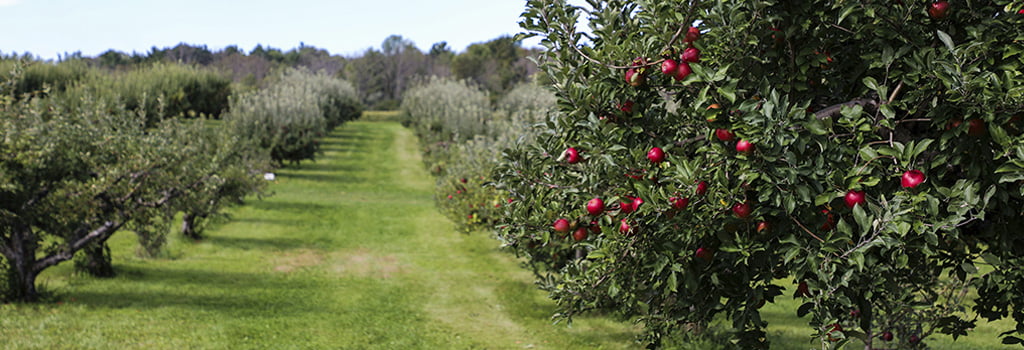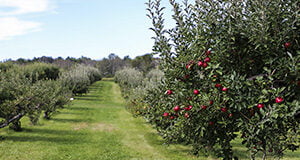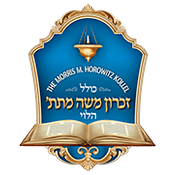Parshas Shemos 1


״ותהר האשה ותלד בן ותרא אתו כי טוב הוא ותצפנהו שלשה ירחים״ שמות ב:ב
“And the woman (Yocheved) conceived and bore a son, and she saw that he was good and she concealed him for three months.” Shemos 2:2
Rashi on the words ״כי טוב הוא״ – “For he was good,” explains that when Moshe Rabeinu was born, the entire house was filled with light. Alternatively, The Medrash Rabbah explains that we learn from these words in our pasuk that Moshe Rabeinu was נולד מהול – born circumcised.
The Chanukas HaTorah asks on the Medrash, how do we learn this fact out from our pasuk? He explains based off of the Yerushalmi and the Yalkut on Sefer Shoftim, which discuss the pasuk of ״וילך יפתח לארץ טוב״ – “And Yiftach went to a good land.” The incredulous question begs, but Yiftach was traveling to חוץ לארץ , outside of Eretz Yisrael; ״וכי חוץ לארץ ארץ טוב הוא?!״ – “Are the lands outside of Eretz Yisrael considered good lands?!” The answer is, because produce which is grown outside of Eretz Yisrael is exempt from מעשר – the ritual tithe, it is called ״טוב״ . It is considered “good” for it is grown in a complete fashion and does not require תיקון.
The Medrash Rabbah on Parshas Eikev equates ״פרי בטנך״ – “fruit of the womb” i.e. children, to ״פרי אדמתך״ – fruit of the land. Just as a tithe must be taken from the fruit of the land, so too, a tithe must be taken from the fruit of the womb, which is completed through the mitzvah of Bris Milah. We can now understand the Medrash on our local pasuk. Moshe would not have been called ״טוב״ at the moment of his birth unless he was פטור from מעשר . Therefore, we can learn from the fact that he was indeed called טוב , that he did not need this form of מעשר because he was נולד מהול.
We learn from the miraculous occurrences surrounding the birth of Moshe Rabeinu, that the concept of טוב brings light, and represents something complete, without lacking. This week’s Parsha of Shemos commences the period of time commonly referred to as שובבים . (An acronym for the upcoming פרשיות of שמות – וארא – בא – בשלח – יתרו – משפטים .) It is an auspicious time for introspection, reflection, repentance and intensive character refinement. In short, this is the time to mend our ways and come before Hashem with a more complete Avodah than before. It should bother us if we may have done something to cause Hashem’s Presence to be withdrawn from the world on any level. By reviewing our behaviors and being מתקן – fixing over any inconsistencies, we can complete ourselves and bring the world around us to a higher level of completion as well.
Moshe Rothenberg / MMHK
